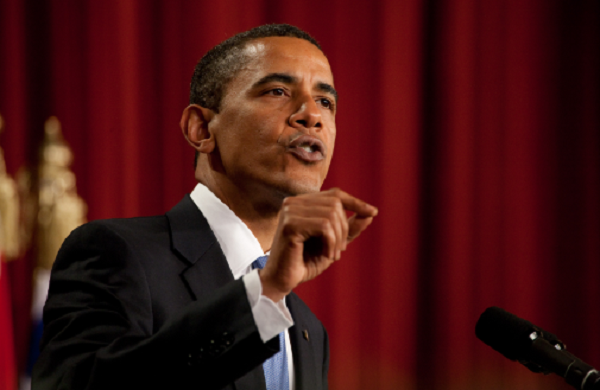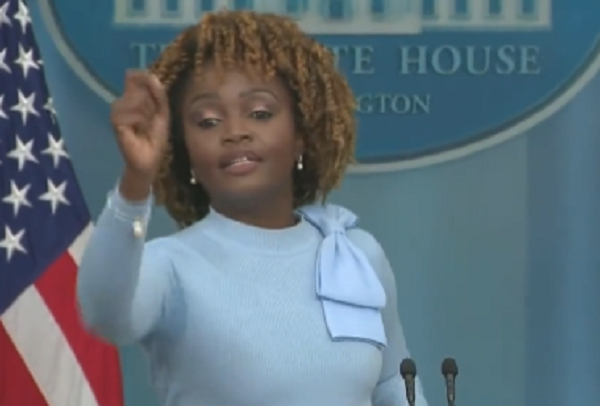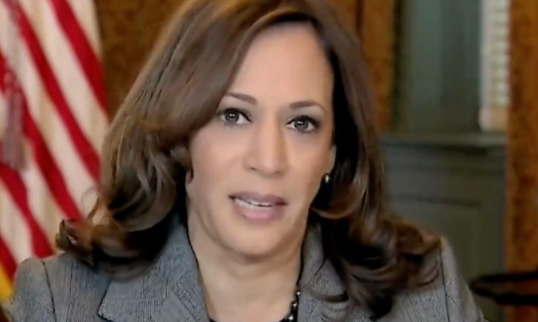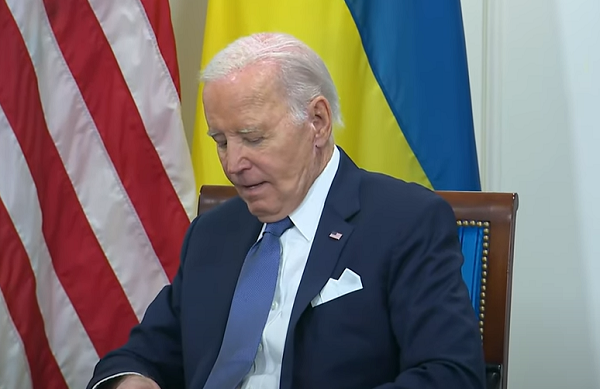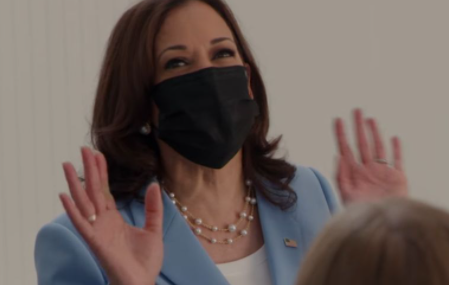Rafael Grossi, the head of the International Atomic Energy Agency (IAEA), declared on Monday that the nuclear agreement with Iran signed by former President Barack Obama in 2015 “exists only on paper and means nothing.”
“Nobody applies it, nobody follows it. There have been attempts to revive it here in Vienna. But unfortunately, although they were relatively close to success, they failed for reasons unknown to me, because I was not involved in the process,” Grossi complained.
The Joint Comprehensive Plan of Action (JCPOA), also known as the 2015 nuclear deal, was never presented to Congress for approval. Critics of the agreement accused Iran of violating its terms from the beginning. In 2018, Israeli intelligence acquired documents revealing that the Iranian government had covertly breached its non-proliferation obligations under the JCPOA.
Former President Donald Trump pulled the United States out of the JCPOA in May 2018, stating that it was evident that “we cannot prevent an Iranian nuclear bomb within the deteriorating and flawed framework of the existing agreement.” Although Iran was technically still committed to the deal with the European nations that were part of the JCPOA, Tehran has essentially disregarded the agreement since Trump’s withdrawal, and possibly even before that.
Even prior to the U.S. exit, Iran had complained about not receiving the anticipated economic benefits after international sanctions were lifted as per the agreement. Following the reinstatement of U.S. sanctions, the Iranian regime attributed all its economic difficulties to the United States, and the Europeans’ efforts to salvage the deal were deemed insufficient.
Grossi expressed his frustration in an interview with Izvestia, stating that dealing with Iran, which has obstructed IAEA inspectors from accessing crucial sites and has refused to provide the requested documents to the U.N. nuclear watchdog, has been challenging.
“I continue to tell my Iranian colleagues that we must provide the agency with at least minimal access to help return to the second version of the JCPOA or any other agreement,” Grossi said.
“There are problems, I’ll be honest with you. We do cooperate with Iran. I don’t deny this. This is important for inspection. My Iranian colleagues often say that Iran is the most inspected country in the world. Well, it is, and for good reason. But this is not enough,” he said.
Grossi has dedicated the past few years to maintaining the deteriorating nuclear deal, consistently criticizing Iran’s stubbornness but refraining from taking any actions or making statements that could potentially provoke Iran to cease cooperation with his agency completely. Unlike the IAEA director, the European signatories of the JCPOA lost their patience with Tehran. In early June, the IAEA board voted 20-2 to reprimand Iran for obstructing nuclear inspectors, with Russia and China being the only dissenting votes. Grossi, along with the Biden administration, opposed such a drastic measure, as they still hold onto the hope of reviving the stagnant JCPOA.
On Saturday, France, Germany, and the UK jointly released a statement condemning Iran for undermining the JCPOA by rapidly enriching uranium to a level close to that of weapons-grade. Iran, in a defiant manner, announced its intentions to further increase uranium enrichment after being censured by the IAEA. The joint statement highlighted Iran’s operation of numerous advanced centrifuges at the Natanz enrichment site and its plans to install thousands more centrifuges at both the Fordow and Natanz sites.
“This decision is a further escalation of Iran’s nuclear programme, which carries significant proliferation risks,” the statement said.

